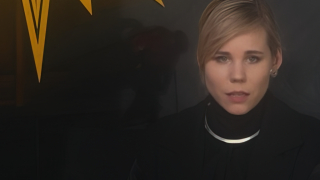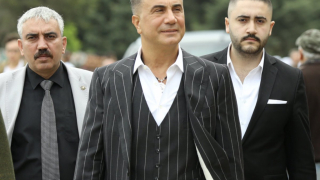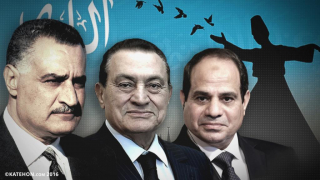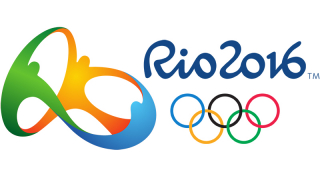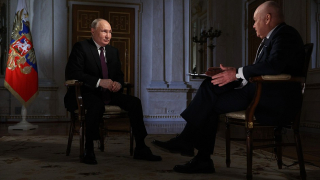Here's what's really behind the Navalny case
01.09.2020
Igor Pellicciari, lecturer in Urbino and Moscow: “Navalny arrives at the hospital with unusual timeliness for Russia. It is difficult for a Kremlin cautious not to burn its image in Belarus at the same time decides to expose itself by eliminating the blogger”
Is there really Russian President Vladimir Putin and his entourage behind the poisoning of blogger Alexey Navanly, wrongly described by most media as “the main opponent” of the Russian government? According to Igor Pellicciari, professor of History and Politics of International Aid at the University of Urbino and at the Mgimo University for International Relations in Moscow, one of the leading experts about Russia in our country [Italy], Vladimir Putin would have had no advantage in poisoning Navalny and thus compromise the image of Moscow in the world.
Especially in a historical phase in which all the eyes of the international media and the chancelleries are focused on what is happening in Belarus.
As Pellicciari writes in an analysis published in Formiche [1], first of all Navalny is a “divisive character in Russia”, much more annoying for “the scandals of the establishment he helped to discover” than for “his real political consensus”, often exaggerated by Western media. It is difficult to believe, explains the professor, that “the action started from a Kremlin order” understood, mind you, “like Vladimir Putin and the small group of his most influential advisers”. As for us, “however attracted by the President's charisma, it's nice (and convenient) to think of a top-down Russia where every decision is traced back to Putin himself, there are elements that overshadow the hypothesis of a State poisoning”. First of all, for an evident damage to image, which falls directly on the Russian president. It is difficult, Pellicciari notes, that “a Kremlin cautious not to burn its image in Belarus decides at the same time to expose itself by eliminating Navalny”. Nor is convincing the hypothesis of a Moscow motivated by the desire to get rid of the leader of the opposition. Secondly, because the blogger represents “a thorn in the side”, but not an “immediate risk” and removing it “would have much higher costs than tolerating it as it has happened in all these years”.
A special treatment for the blogger in the hospital
Then there is another fact. If Vladimir Putin had really decided to get rid of Navalny, he would probably have already died and not survived the poisoning attempt. And as things turned out, the Russian authorities really did everything to save his life. What is striking, Igor Pellicciari emphasizes, are above all the “44 hours of hospitalization in the Omsk Hospital”, where the medical protocols used “are far from those of those who have the golden opportunity to give the coup de grace to victim miraculously escaped the attack the first time”. First of all, the professor underlines, Navalny “arrives at the hospital with an unusual timeliness for Russia”, half an hour after “the distress call sent by the plane during its landing”. Basically, there is no question of “delayed aid, one of the easiest logistical aspects to use in these cases to aggravate the patient's clinical position”.
Furthermore, during his hospitalization, on Navalny “many diagnostic tests are performed that will be passed in full (and accepted) to the German medical team”, allowing them to save time and “have a complete medical history of the patient, tracing the entire clinical dynamics”. Specifically, these are 8 biochemical blood tests and 11 blood gas tests, 6 general blood tests, 5 electrocardiograms, 25 glucose tests; 4 general urine tests, as well as an MRI. Added to this is the fact that as soon as the Russian blogger arrives at the hospital in Omsk, he is immediately “treated with atropine injections that stabilize his position to such an extent that the German medical team will continue to use the same drug, recognizing its effectiveness”. Elements that lead us to suppose that the Kremlin's hand is not behind the Navalny poisoning.
Berlin: “Russia should clarify Navalny”
Meanwhile, the European chancelleries continue to ask Moscow to clarify the incident. “We know well here in Berlin, a few hundred meters from Charité, the hospital where Aleksei Navalny is located, there are dark clouds over our relations with Moscow”, Foreign Minister Heiko Maas said yesterday at a press conference. “The investigations - continues Maas - must take place, but they must not be a fig leaf”. “They must be clear and transparent - he adds - and those responsible must be punished. The Navalny case shows that we need a policy towards Russia that is more active, but also more directed towards our interests. Russia has the power to make relations with the EU more positive, especially keeping in mind what is happening in Eastern Ukraine”.
**********************
Original column by Roberto Vivaldelli:
Translation by Costantino Ceoldo




